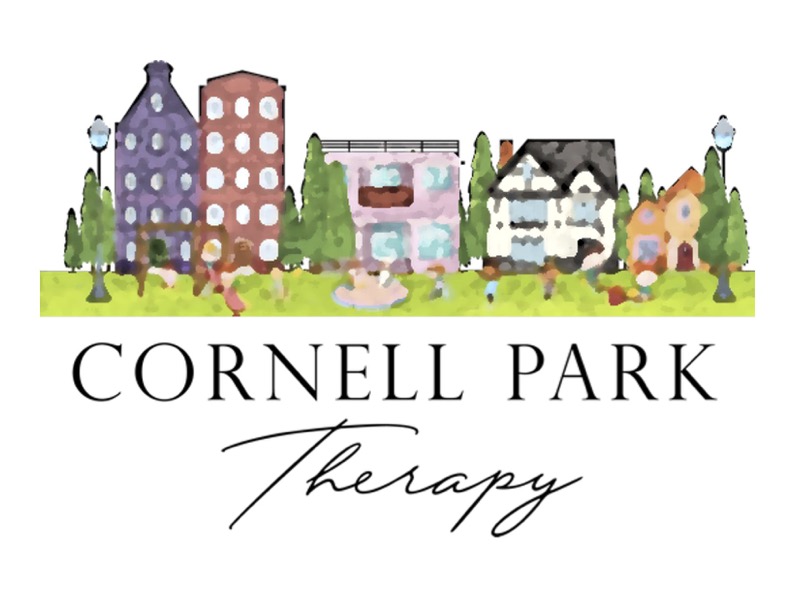Applied Behaviour Analysis (ABA)
Applied Behaviour Analysis (ABA) is a collection of teaching tools that therapists can use to help people learn new skills. These teaching tools can also be called strategies and techniques, and are derived from the science of learning. ABA is an evidence-based therapy (i.e. based on widely-accepted scientific research evidence and clinical evidence) that when used ethically and with consent can help a person learn socially-significant behaviours that can improve their quality of life through choice and independence. A socially-significant behaviour is a behaviour that when taught, will improve and enhance the quality of life of a person. Examples include learning to communicate to express thoughts and feelings, learning to join friends in shared activities, or learning to wash one’s hands after using the washroom. Currently, we offer ABA to children ages 3-5 and 6-17. Children 3-5 are offered group therapy with one parent, and children 6-17 are offered individual therapy within a Combined SLP-ABA program. Parents are always welcome and encouraged to attend. Please book a Free Consultation for further details.

Parent Training
Our ABA Services include Parent Training and Education at no additional cost. Parents are welcome and encouraged to attend treatment sessions to learn specific ABA strategies and techniques used to teach their child valuable skills. We offer parent training because we believe that parents are the first and most important teachers to their children, and that when parents are empowered and learn how to help their children, everyone in their family benefits. In fact, research has found that the effects of treatment are more effective and longer lasting when parents and caregivers have been trained in the skills, strategies and techniques necessary to help their children. These are some of the things we help parents learn to help teach their children:
Communication Skills
Social Skills
Play and Leisure Skills
Daily Living Skills
School-readiness Skills
Attention and Memory Skills
Executive Skills
Academic Skills
Understanding the value of Neurodiversity
ABA: Skills Building
ABA focuses only on teaching and increasing skills that will improve the quality of life of a person. As indicated above, some examples of these behaviours include:
Communication Skills
Social Skills
Play Skills
School Readiness
ABA focuses only on teaching and increasing valuable skills that help improve the quality of life of a person. We teach these skills using errorless learning techniques and positive outcomes. This means that we use strategies and techniques that minimize the number of errors a child makes, and make sure the child is able to feel happy or content when they learn a skill. This is called reinforcement, and is a very important component of ABA.
Learning is a Choice
At every step, there are choices within learning. Every skill we teach is guided by the choices families make and by goals that families have chosen for their children. As a child grows and becomes more self-aware, their input is also important in choosing the goals of therapy, and we make every effort to provide these choices. As children grow and mature, they will choose to use one skill over another, when that skill helps them attain a valued goal. This is both important and healthy, as it allows a person to have agency, to make choices and develop control over their life. This is our job as therapists: to teach skills that help people become their potential through their choices. Within learning there are always choices and the potential for growth and independence.
Neurodiversity is Valuable to all
Neurodiversity (being different in the way our nervous systems are built and work) is a beautiful reflection of the vast spectrum of human minds, a natural variation just like biodiversity. It is important for all to know that conditions like Autism, ADHD, ADD and Dyslexia aren’t flaws; they are simply different ways of experiencing and interacting with the world. These unique cognitive styles often bring valuable strengths, such as exceptional pattern recognition, creativity, and unique contributions to all facets of human endeavours. Embracing neurodiversity enriches our society, fostering innovation and offering fresh perspectives. Instead of seeking to “fix” neurodivergent people, we should seek to cultivate understanding, acceptance, and inclusive environments that allow everyone to thrive and contribute their unique talents. As a set of tools, ABA should only be used by people who have received proper training, who are bound by a code of ethics, such that they have the client’s wellbeing as their main concern. When used with consent, ABA helps people learn and develop valuable skills that will help them become independent, express their thoughts and feelings, and contribute to their communities in ways that improve their quality of life and allows them full expression of who they are. Neurodiversity is valuable to all.

